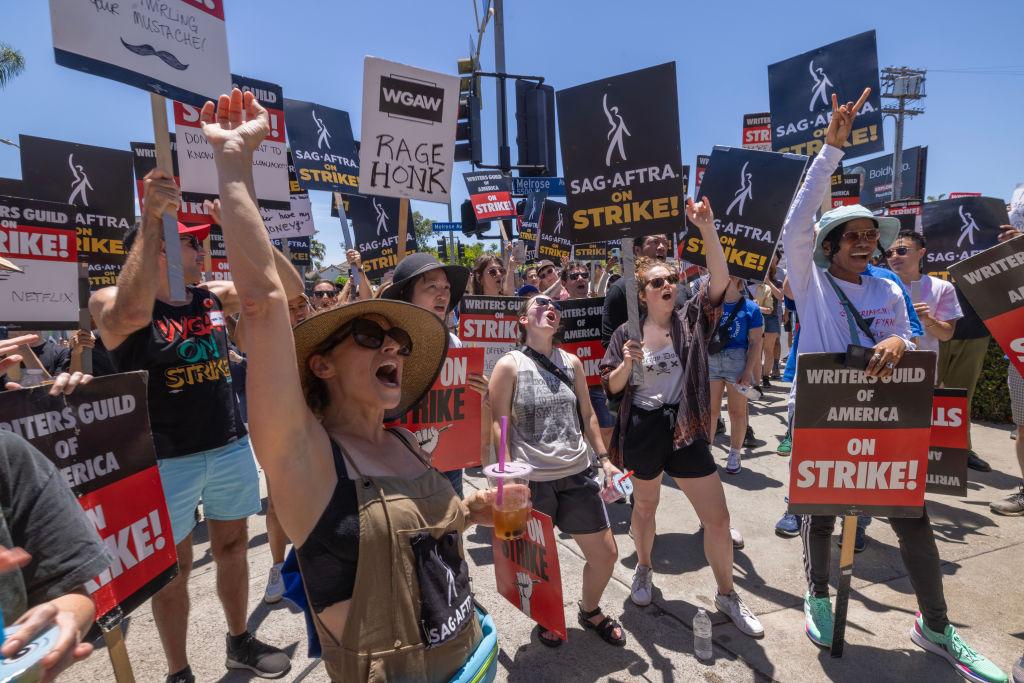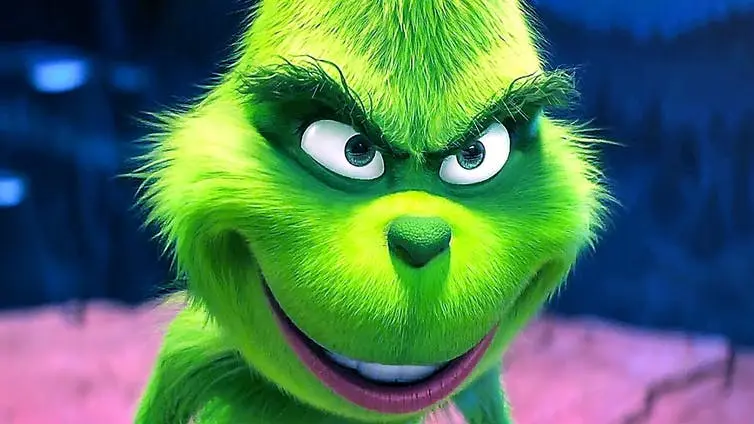Hollywood is on strike. It’s the biggest shutdown in the industry for 63 years with over 150,000 actors joining the screenwriters union to strike over pay and work conditions.
One of the major contentious points is the use of AI which creates the need for an actor to only work one day to have their image scanned. This would then be used throughout the movie or possibly in perpetuity if negotiated.





